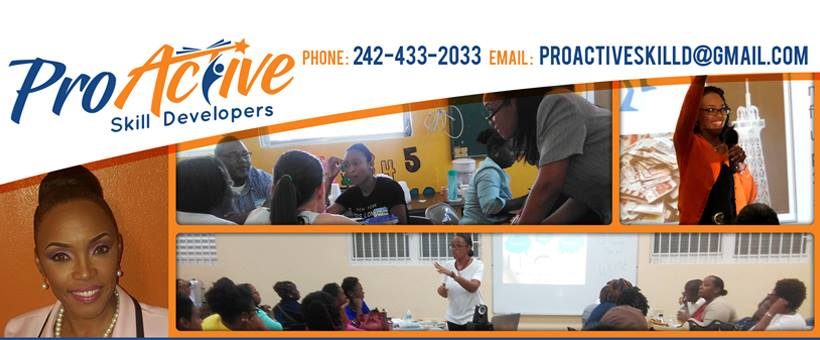After four and a half years of grueling studies and research, I was able to achieve a major milestone…obtaining my PhD. Woohooo!
Why Community
As I was hooded and even prayed for by the dean, instant flashbacks flooded my mind. One thing was certain, I didn’t do it alone! It took many people to make it all possible.
As I leaned on my family, friends and even my cohort members, I garnered the psychological and spiritual strength I needed. But I also received the expertise I required. This was achievable because of a sense of cohesiveness and even a sense of family that was fostered among my peers.
You see, no one person knows it all or is good at EVERYTHING. And if anyone holds such a belief, they are delusional! As the saying goes, “No man is an island.” And this idea was certainly reinforced during my doctoral journey. This was the time when I had to acknowledge what I knew I didn’t know.
Defining Community
The flashbacks got me wondering about how this concept of “community” impacts our school environment. Reflecting on my experience, I realize that having a sense of community in the workplace is more than just being a member of a group. So we first have to know what it entails.
McMillan and Chavis define it as “a feeling that members have of belonging, a feeling that members matter to one another and to the group, and a shared faith that members’ needs will be met through their commitment to be together”. There you have it: mutual commitment that allows needs to be met. Voila!
But being a group member or being employed by an organization doesn’t equate to a sense of community. (We could only wish it was that simple!)
Community is a process that nurtures a sense of collaboration and collaborative skills. It involves pulling together the talents, experiences and insights of a diverse group of people who are committed to a common purpose. Such a community features authentic communication that is respectful of differences and embraces conflict.
Benefits of Developing Community at Work
One thing is certain, developing a sense of community within the workplace yields great dividends. Here are just a few benefits of taking the time to engage in the process of community in our schools:
- A community provides support to avoid FRUSTRATION. When we isolate ourselves we are susceptible to loneliness and depression, and we risk the breakdown that can occur in communities. Knowing that we have a group of people we can rely on is comforting.
We realize that we’re not in it alone and we don’t have to go through it alone either. This reduces the tension that sometimes builds up. In fact, people who feel a sense of belonging live happier and healthier lives.
- A community brings about effective COLLABORATION. Having a supportive community means you have other minds at your disposal. It creates interdependency between everyone’s collective efforts. Skills can be pooled in order to make projects more successful. I once had a slogan up in my classroom that read, “None of us is as good as ALL of us.” This means that when we team up, we produce far greater results.
- A community fosters creativity and INNOVATION. There is something dynamic about a community that gives birth to novel ideas. Have you ever noticed that inventive programs tend to be produced by schools with a strong sense of community? When frustrations are reduced and collaboration is encouraged, creativity and innovation are inevitable!
Even in our school environments, having a sense of community is crucial! It might appear to be one of those intangible things that you can’t readily put your finger on, but you know it when you see it.
Yes, a strong community is beneficial not only to individuals, but also to the community itself and to society at large. For the good of everyone, no one should ever…. EVER, try to do work or life alone! One thing is certain, we need each other!
Leave a comment: How has being a part of a community helped you to achieve a goal? How can YOU help to build a better sense of community in your school?





